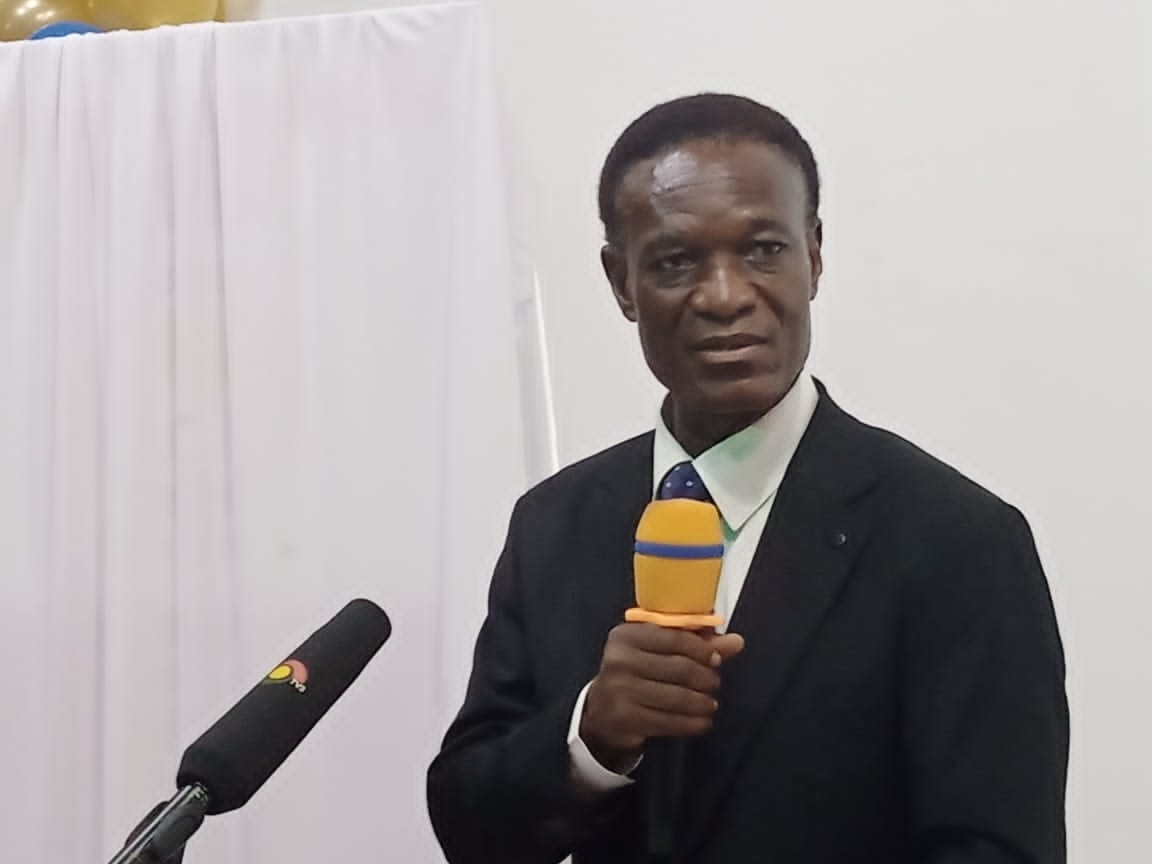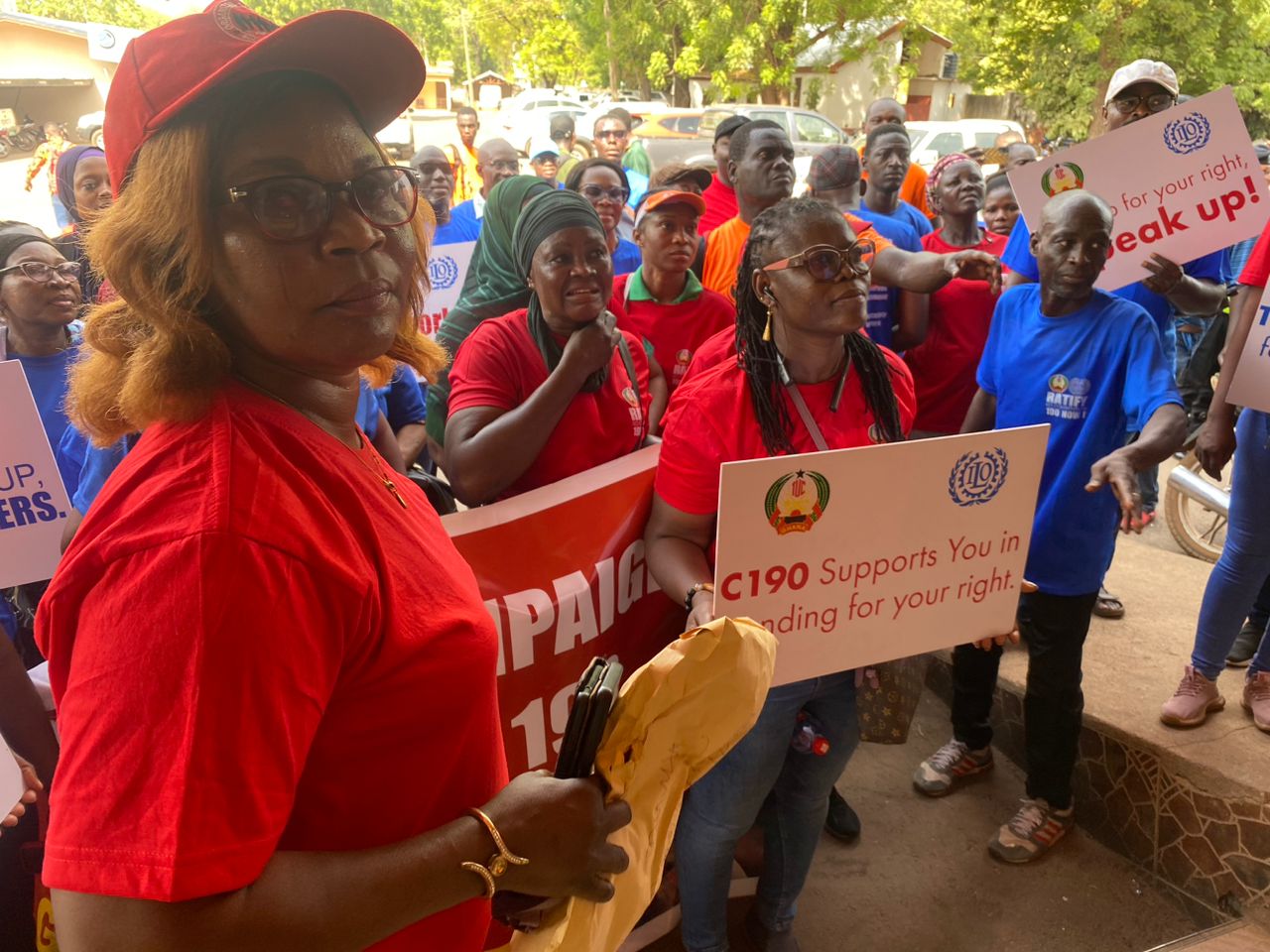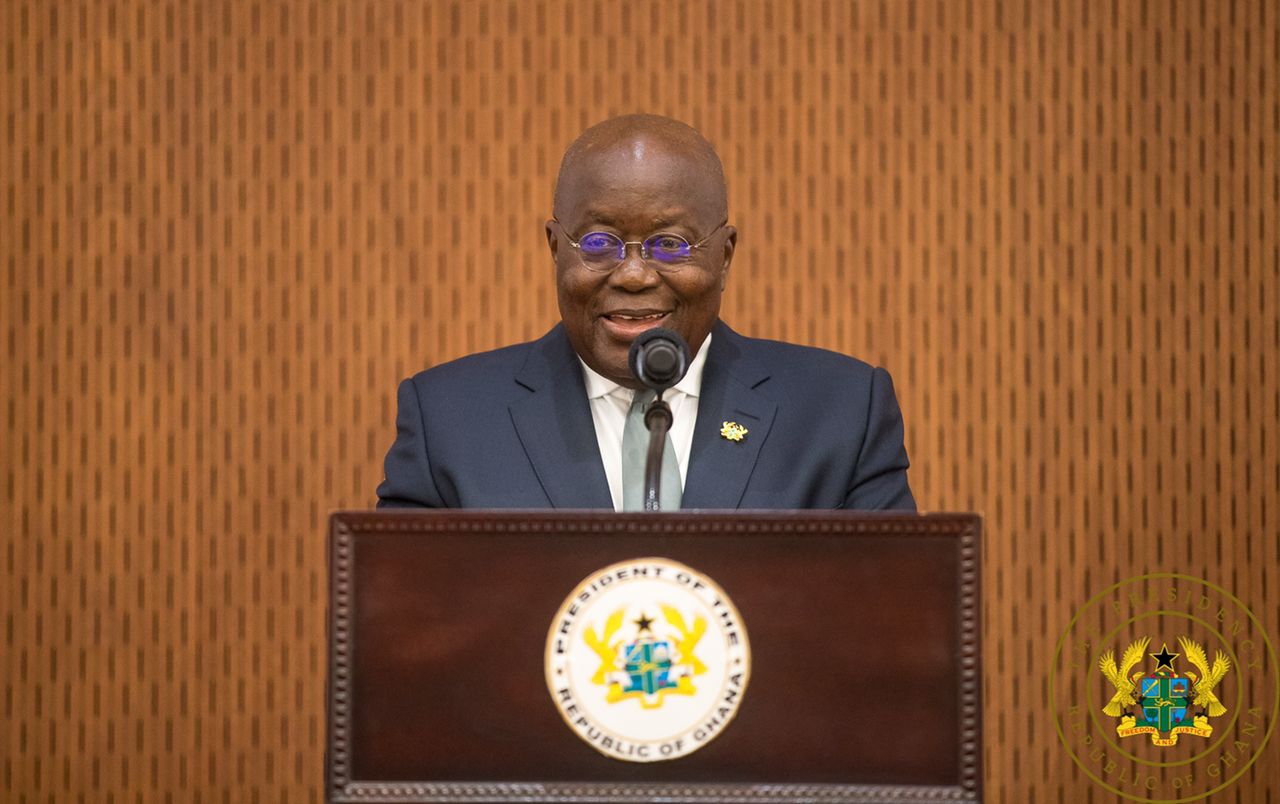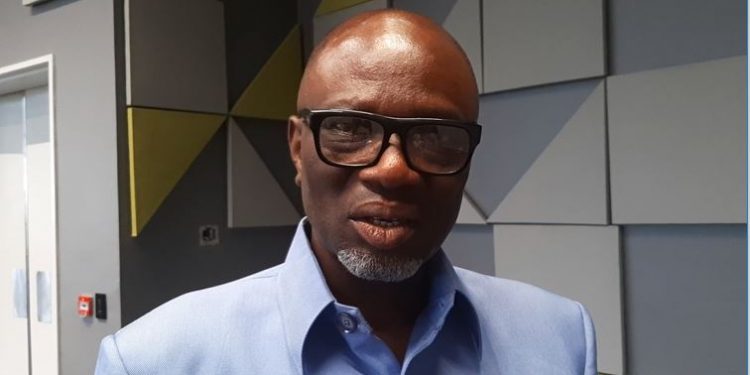
The Institute said compared with other developing economies, Ghana’s revenue generation from the extractive sector is poor, “and is the main source of Ghana’s comparatively low public sector revenue mobilization.”
Presenting the IFS’ latest research on the extractive sector’s role in Ghana’s low public sector revenue mobilization, Dr. Said Boakye, a Senior Research Fellow of the Institute, said the proportion of extractive sector value-added that flows to government as revenue is just 19.3 percent in Ghana, compared with an average ratio of 49.7 percent for other developing economies.
At the same time, the proportion of value from mineral production that flows to the Ghanaian government as revenue is a mere 6.5 percent compared with 51.8 percent in Botswana a major diamond producer.
The reason is that, unlike Ghana, “The government of Botswana has huge ownership interests in the country’s mining sector,” Dr. Boakye said, adding that the Botswanese government has 50 percent interest in Debswana, the country’s main diamond producing firm.
“The government of Ghana should as a matter of urgency purchase controlling interests of not less than 55 percent in the Ghanaian operations of all the large-scale mining companies,” he recommended.
“This should not be done in terms of mere equity holdings. Rather, the large-scale mining companies’ operations in Ghana should be turned into joint-venture arrangements between the government of Ghana and the foreign investors – either in terms of profit sharing or, preferably, production sharing.”
For oil, the Ghanaian government’s revenue as a ratio of the value of production averaged 17.9 percent in 2015-2018 compared with an average of 51.6 percent received by the Nigerian government during the same period.
Again, this is because the Nigerian government is largely in control of that nation’s oil sector whereas Ghana has a limited stake in its oil sector, the IFS researcher observed.
He recommended that “government should increase Ghana’s paid and participating interests in the existing oil joint ventures by purchasing additional interest, so that the country’s interest in each joint venture increases to at least 55 percent while maintaining the production sharing arrangements.”
Furthermore, he called for the government to aim at having fully state-owned firms operating in the oil and mining sectors because the “government stands to enjoy the entire net financial benefits from the extraction of oil and mineral resources in Ghana if these resources are fully extracted by state-owned oil and mining firms.”
Dr. Boakye added: “This is what has enabled the Gulf countries to receive huge revenues from their extractive sectors to fund their economic development, making them have very high levels of per-capita incomes. In line with this, GNPC should be strengthened and strategically supported by the government to take the leading role in oil exploration and production in the country.” Read Full Story


























Facebook
Twitter
Pinterest
Instagram
Google+
YouTube
LinkedIn
RSS